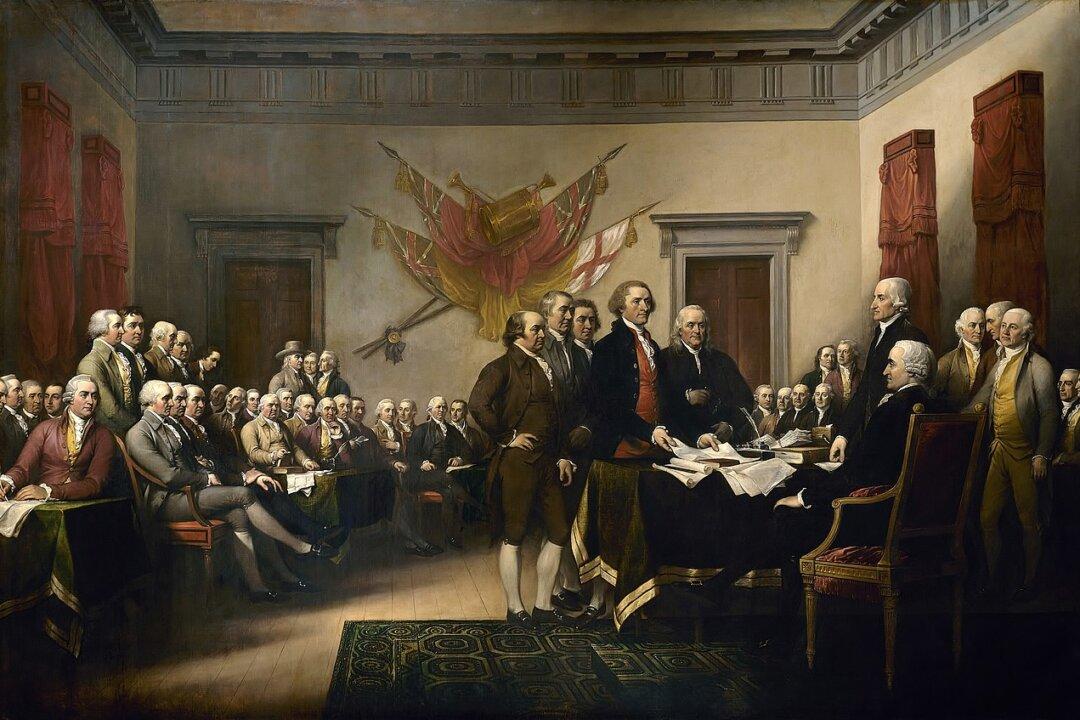Commentary
According to the American Declaration of Independence, people enter into political society for the sake of protecting their inalienable rights, which are otherwise insecure. The question then arises: what can the people do if the government betrays its trust, and violates their rights? The Declaration’s initial answer is “that whenever any Form of Government becomes destructive of these ends, it is the Right of the People to alter or to abolish it, and to institute new government.”

